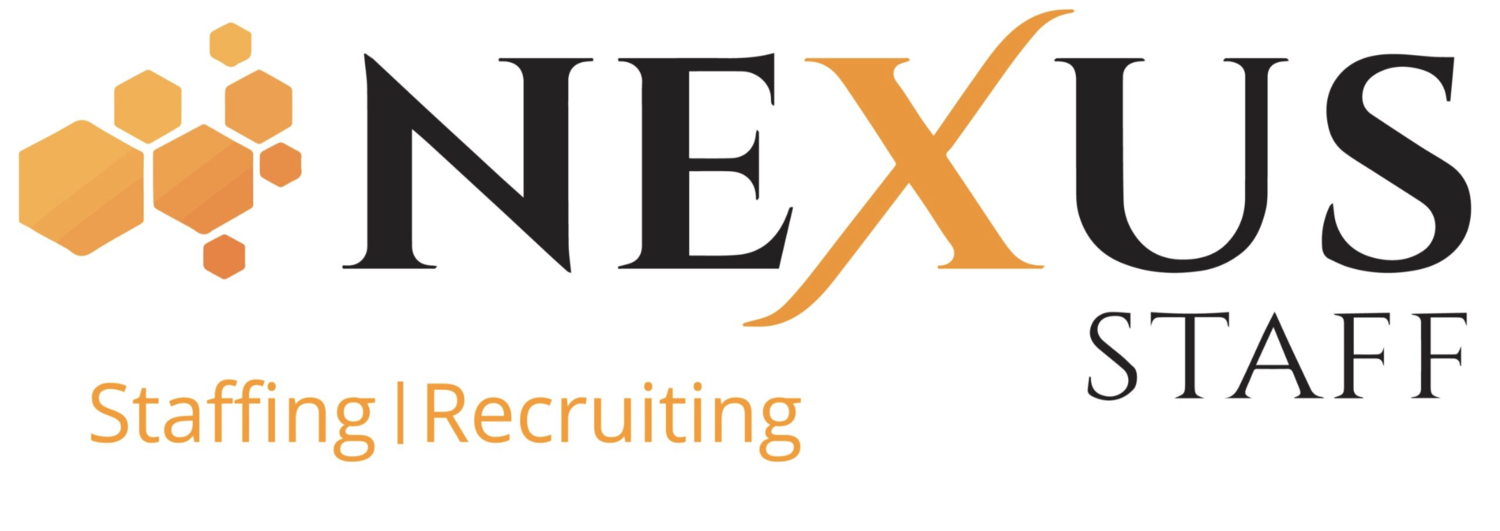Five Qualities of an Effective Career Mentor
A career mentorship offers employees the ability to connect with one another through a meaningful educational relationship. While mentees are provided a new connection they are able to turn to to discuss their professional goals and gain insight from more established employees, mentors are able to strengthen their own leadership skills and potentially learn more about their own goals.
In turn, when mentees and mentors work together, the overarching benefits of a successful mentorship can benefit not only the employees, but the organization as well by strengthening company culture, increasing employee engagement, and even improving retention rates.
Thinking of becoming a career mentor? You’ll want to be sure you possess these five qualities:
Ability to give feedback
Receiving feedback is essential in understanding various aspects of your career from the day-to-day of your role to the big picture of your professional goals. Successful feedback can provide guidance on where you can make improvements in your work, what your strengths and weaknesses are, and even what your next big career move should be. As a mentor, it is important you are able to provide this support for your mentee. This means you will want to provide positive, yet constructive assessments of their work, answer their questions truthfully, and make an actionable plan to help them reach their goals.
Listening skills
Think of your role as a mentor as a professional guide throughout your mentee’s career. Without the proper listening skills, it would be difficult to build trust within your relationship and to truly understand their wants or needs in order to be the best guide you can be. As a listening ear to your mentee, you’re able to transform into more than just a colleague to be a part of their support system responsible for improving their views on work including their engagement levels and satisfaction.
Relevant experience
An ideal mentor has work experience relevant to their mentee’s current role or prospective one in order to be able to provide the appropriate advice and guidance needed in their particular field. As a mentor with relevant experience, you are able to share your own personal anecdotes or examples of your own career to serve as a resource for your mentee. In addition, with the right experience, you can assist your mentee with professional development opportunities, resources, and event network connections to help their career flourish.
Patience
Like any meaningful relationship, a mentor-mentee relationship requires patience. In order for your mentee to get the most out of their mentorship, you will want to ensure you are able to put in the time and effort needed to further their career which will require you to be patient and understanding through the ups and downs. For example, throughout your time as a mentor, your mentee may be faced with their own set of workplace challenges, self-doubt, and/or uncertainty surrounding their career which will require you to serve as a patient and understanding guide.
Understanding of current workplace trends
In a typical mentor-mentee relationship, it is likely the mentee may be a younger professional in an entry-level role, a less-experienced professional looking for guidance in a new job, or even an employee transitioning into a new field, while the mentor is a more seasoned professional. As a mentor, it’s important to place yourself in your mentee's shoes and gain a deep understanding of today’s workplace and what exactly it is newer employees are looking for. This means understanding current trends in your field, in the job market, and the overall state of today’s working world.
Ready to serve as a mentor but still looking for the perfect role yourself? Contact Nexus today to learn more about our personalized staffing services.







